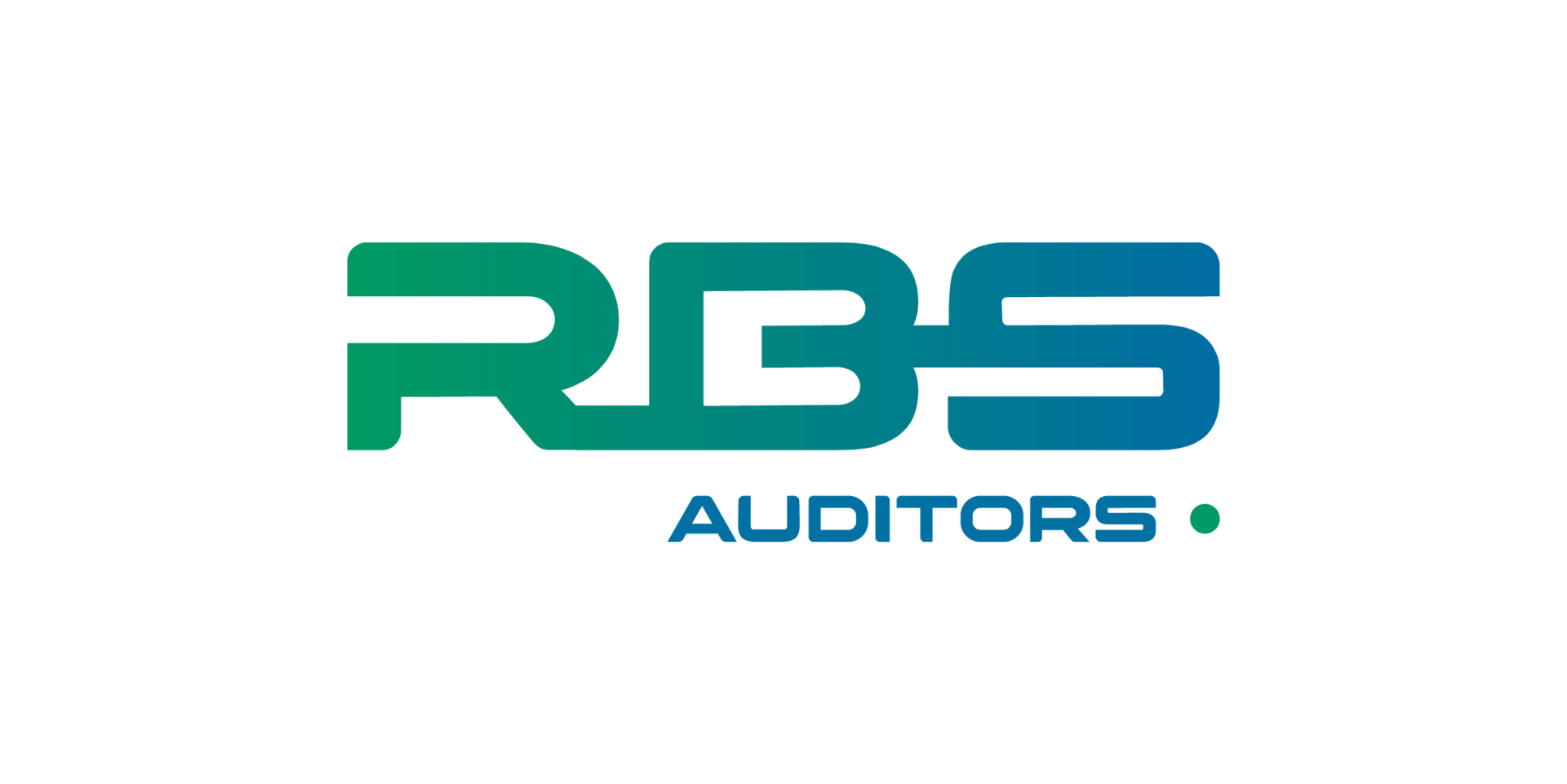
In the UAE, companies have to adhere to VAT rules that were implemented in 2018. Proper and timely filing of VAT returns is important for ensuring financial soundness and minimizing penalties. Nonetheless, most entrepreneurs are unaware of how filing VAT returns in the UAE can tangibly influence profitability.

Ranging from tax compliance to managing cash flows, a proper understanding of VAT return filing is vital to maximize financial performance. Let’s discuss its influence on business profitability.
1. What is VAT Return Filing?
VAT (Value Added Tax) is a 5% tax levied on goods and services in the UAE. Companies registered for VAT have to:
- Charge VAT on taxable sales
- Keep proper tax records
- File VAT returns with the Federal Tax Authority (FTA) monthly or quarterly
Non-compliance can result in huge fines and legal consequences.
2. Evading Penalties and Monetary Losses
One of the largest impacts VAT return filings have on profitability is via compliance penalties. Some of the most common VAT infractions are:
- Late filing of VAT returns
- Incorrect VAT calculations
- Lack of maintaining tax records
FTA inflicts heavy penalties, i.e., AED 10,000 forth delay in registration and AED 1,000 for the first delay in filing, escalating on repetition. Proper VAT return filing ensures timely filing of VAT returns, preventing unwanted expenses that burn a hole in profits.
3. Enhancing Cash Flow Management
Effective VAT return filing enhances businesses’ cash flow management. Some of the benefits are:
- Reclaiming input VAT – Companies can claim back VAT paid on acquisitions, lessening tax burdens.
- Tax planning strategy – Proper VAT reporting enables companies to put aside the appropriate funds for paying taxes to avoid last-minute financial pressure.
- Improved financial planning – Knowledge of VAT liabilities enables companies to plan budgets in the long run.
Ineffective VAT management will cause surprise tax payments, affecting the operational finances in a negative way.
4. Improving Business Credibility and Compliance
A properly kept VAT record enhances a business reputation in the UAE market. Advantages are:
- Seamless transactions with suppliers and investors
- Enhanced trust from regulatory bodies
- Improved chances of business growth
Firms with a track record of clean tax history are likely to attract investors and enjoy strong financial relationships.
5. Minimizing the Risk of Audits
The FTA performs audits to verify if businesses are VAT law-compliant. Inaccurate VAT return submission can initiate:
- In-depth financial examination
- Disruptions to businesses in the audit process
- Further penalties in case of errors
By making sure tax returns are filed correctly, companies can avoid expensive audits and ensure business continuity.
6. Profit Maximization Through VAT Optimization
Effective VAT planning can assist companies in lowering tax burdens legally and maximizing profitability. The strategies involve:
- Input VAT recovery – Reclaiming VAT on business expenses to minimize overall tax bills.
- Tax grouping – UAE permits businesses that qualify to file VAT returns as a group, minimizing the administrative burden.
- Exemptions and zero-rated VAT – Certain goods/services are zero-rated or VAT-exempt. Pinpointing these transactions ensures tax savings.
Companies that minimize VAT management are able to retain greater profits and maximize financial efficiency.

Conclusion
Filing of VAT returns is important to the profitability, cash flow, and compliance of a business. It can result in penalties, audits, and financial loss if it is not managed properly. With strategic tax planning and expert guidance, however, businesses can streamline VAT filings, maximize profitability, and have trouble-free operations.
Searching for professional VAT return filing in UAE? RBS Auditors delivers guaranteed tax services to keep your business compliant and profitable. Reach out to us today!





